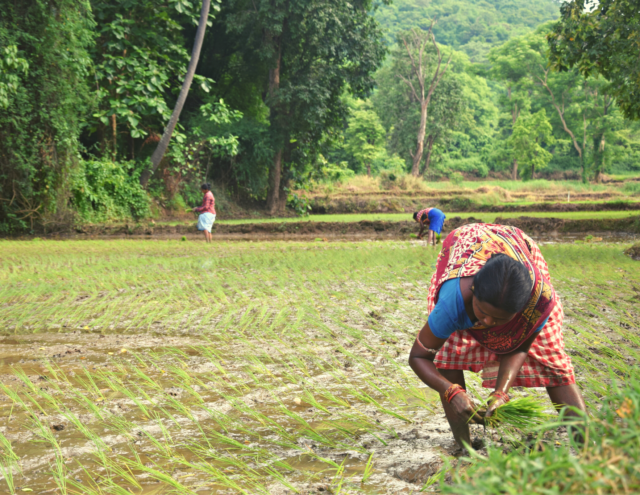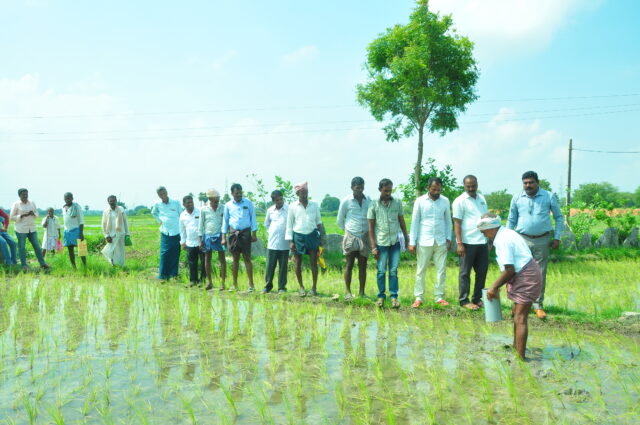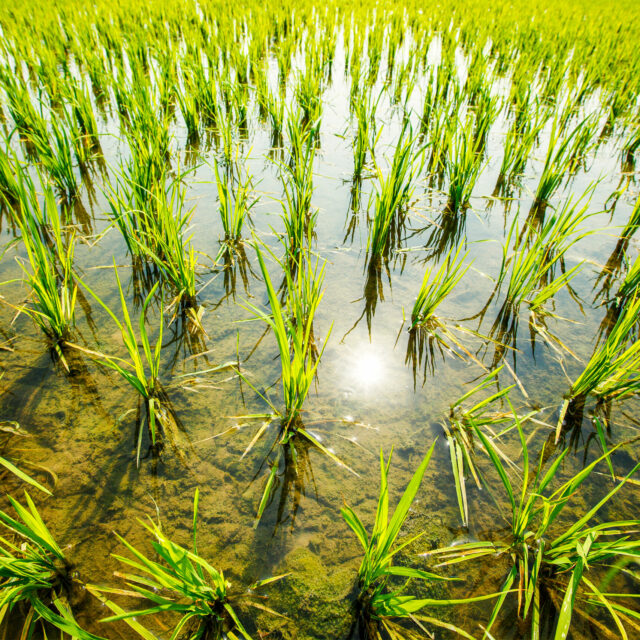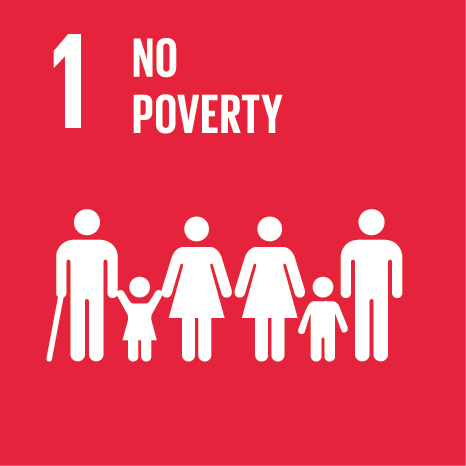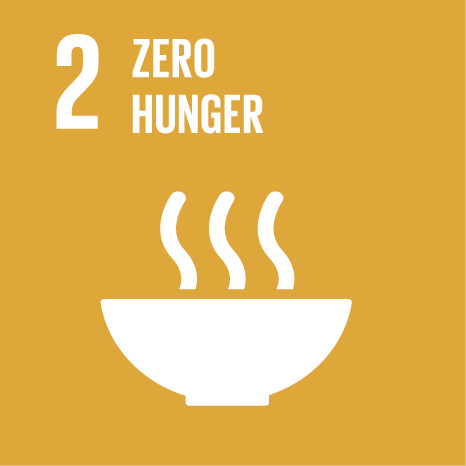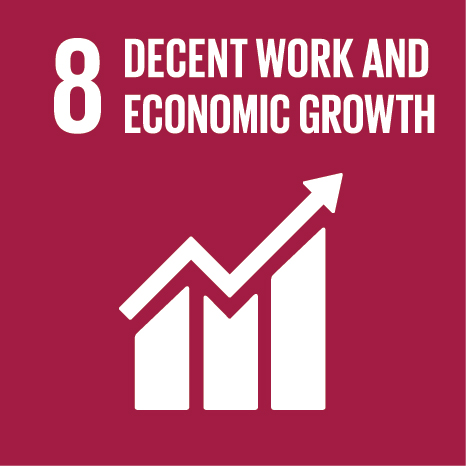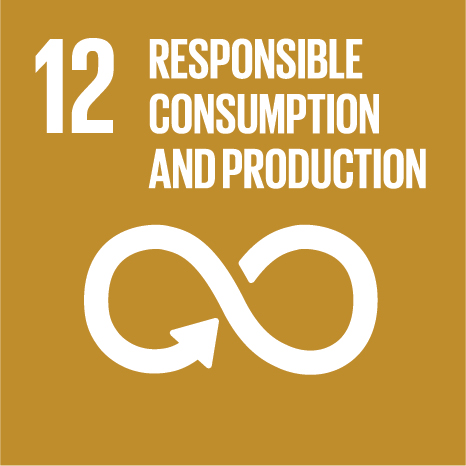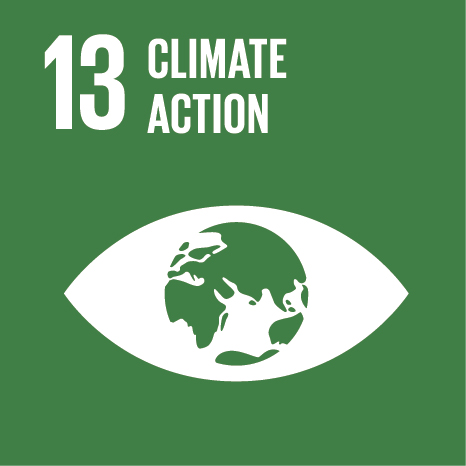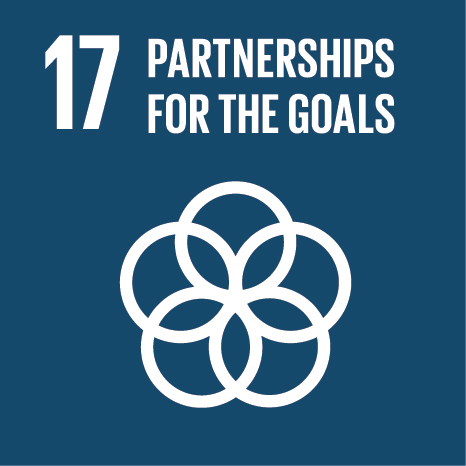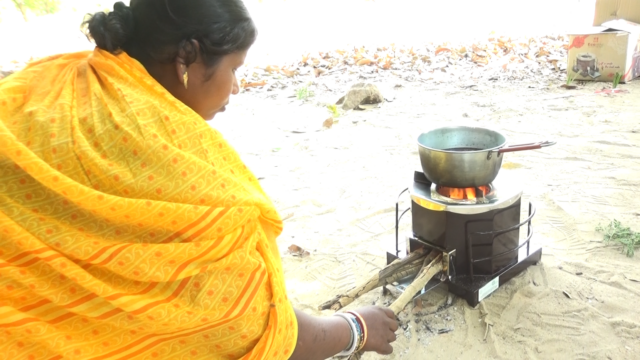The Project
This project will implement improved water management systems in 100,000 hectares of rice fields in Telangana, India. Rice is cultivated in flooded fields creating an ideal environment for the decomposition of organic material and leading to the generation of methane gas, a greenhouse gas 27x more potent than CO2. This natural process results in 8-12% of methane generated by human activity. This project will train local farmers in sustainable practices and equip them with affordable and easy to use water management tools, optimizing their water usage whilst maintaining crop yields.
Water and electricity consumption are fully subsidized for farmers in Telangana, creating little economic incentive to reduce and optimize volumes. Faced with this challenge, CCX will train farmers on “alternate wetting and drying” methods. This agricultural practice utilizes a measuring device to provide direct visuals of water levels in different sections of fields. This technology enables farmers to optimally administer water levels in their fields. The fewer number of days rice fields remain flooded, the lower the rates of decomposition of organic material, ultimately lowering methane emissions.
Participating farmers will receive a percentage of revenue generated from the sale of carbon credits, making them direct beneficiaries on the success of the project.
This project achieves 6 United Nations Sustainable Development Goals, delivering co-benefits such as:
- 15% to 25% reduction in water usage
- Economic gains for farmers
- Increased entrepreneurial networks
- Reduced fuel consumption from water pumps
This project is important due to the significant role of rice production in diets around the globe, methane’s measurable impact on climate change and the scalability of its greenhouse gas reducing activities.
Verra 3243
The Project Developer
Core CarbonX (CCX) is a climate and sustainability consulting firm serving clients in more than 12 countries. Since 2008, CCX has been involved in implementing, advising, and marketing dozens of emission reduction projects across Asia and Africa, including renewable energy, plastic waste recycling, habitat restoration, afforestation, methane reduction in rice plantations, and improved energy efficiency cookstove distribution.

